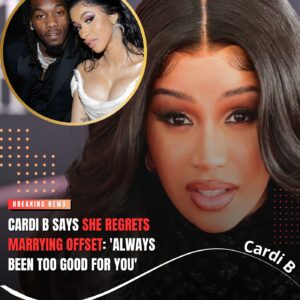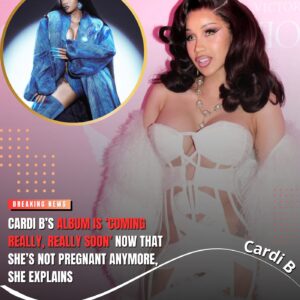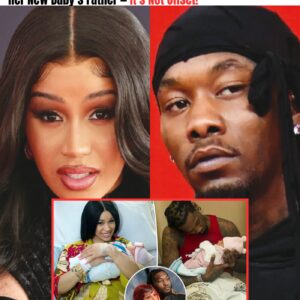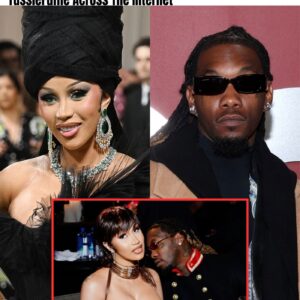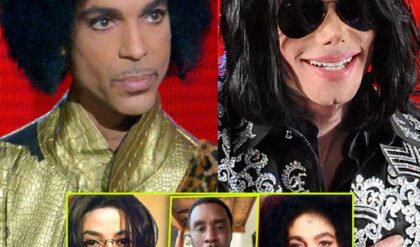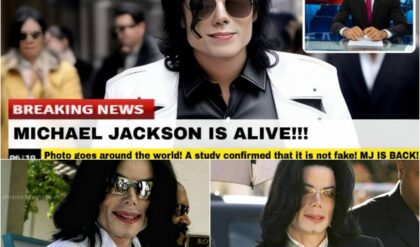In a recent wave of controversy, Kid Rock has taken aim at Taylor Swift, labeling her as “Woke Swifty” and calling for a ban on her participation in the Grammy Awards.
This public feud highlights a growing divide within the music industry, particularly concerning artists’ political expressions and their implications on popular culture.
The conflict began when Kid Rock, known for his outspoken views, criticized Taylor’s political activism and her decision to use her platform to speak out on various social issues.
He argued that her actions have turned the Grammys into a platform for political statements rather than celebrating musical artistry.
Rock’s comments have sparked significant debate, as they resonate with a segment of the music community that feels disillusioned by artists who engage in political discourse.
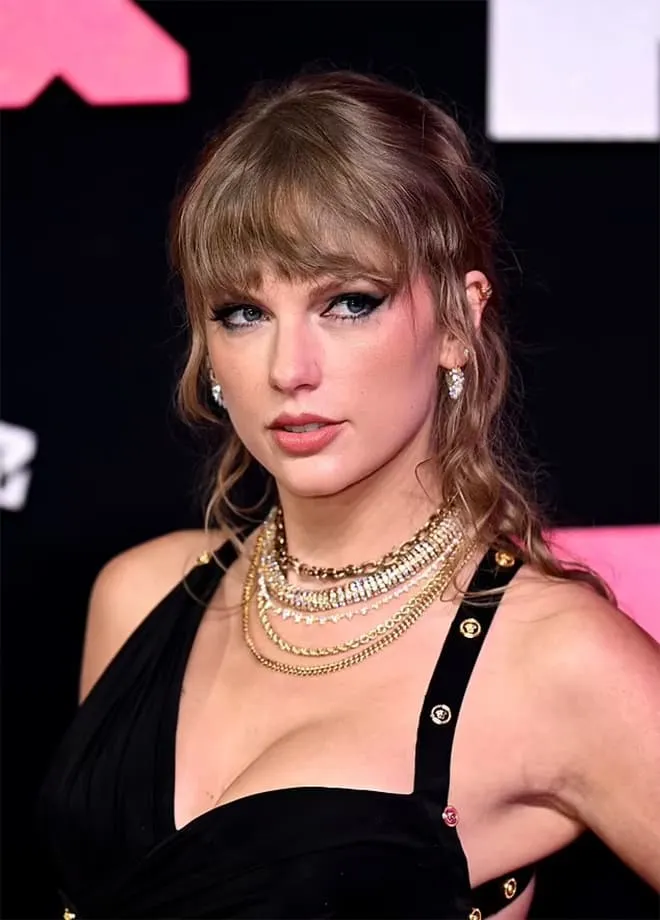
Rock’s specific grievances center around what he perceives as a trend of “woke” culture infiltrating the entertainment industry.
He accused Taylor of leveraging her fame to promote political correctness, which he believes alienates a portion of the fanbase who simply want to enjoy music without the influence of social agendas.
His remarks reflect a growing frustration among some artists and fans who feel that music has become overshadowed by political narratives.
The term “Woke Swifty” has since gained traction on social media, with both supporters and detractors weighing in on the controversy. Critics of Kid Rock argue that his comments are an attack on artistic freedom and a denial of artists’ rights to express their beliefs.
They contend that political engagement is an essential aspect of many musicians’ careers and that the power of celebrity can be harnessed to drive positive social change.
On the other hand, Kid Rock’s supporters view his stance as a necessary pushback against what they see as an overly politicized industry.
They believe that artists should prioritize their craft over political ideologies, suggesting that the Grammy Awards should remain a space dedicated to celebrating musical talent rather than political posturing.
This divide raises fundamental questions about the role of musicians in society and whether they should remain neutral in the face of pressing social issues.
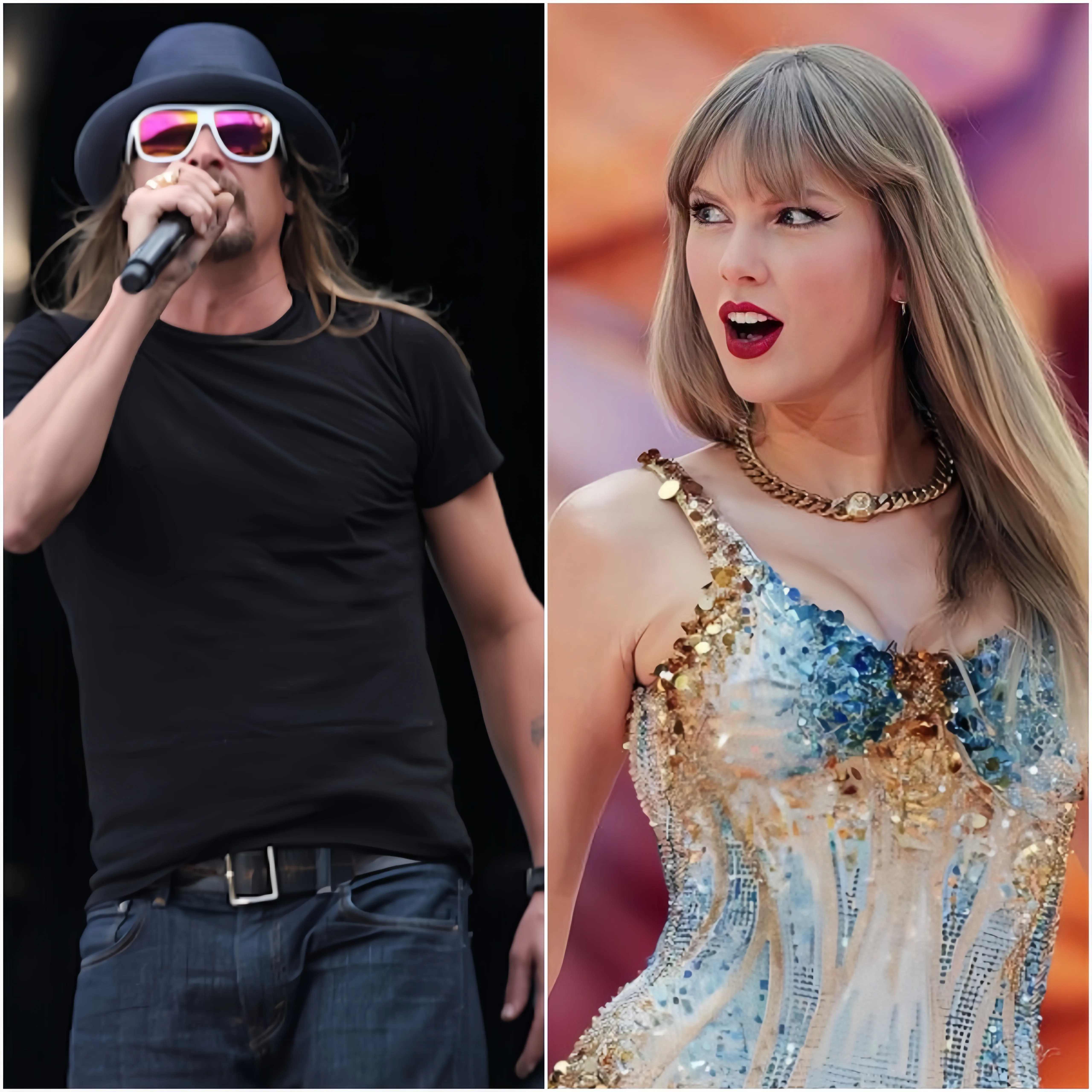
Taylor Swift has long been an advocate for various causes, including LGBTQ+ rights and voter registration, often using her platform to encourage her fans to take action.
Her approach to activism has not only garnered widespread acclaim but has also drawn ire from critics like Kid Rock. In a landscape where artists increasingly feel compelled to take a stand, Swift’s influence has undeniably shifted the conversation around celebrity activism.
In response to Kid Rock’s remarks, Swift has not directly addressed the calls for her ban from the Grammys. Instead, she continues to focus on her music and advocacy efforts, demonstrating that she remains committed to her beliefs regardless of criticism.
This approach has resonated with many of her fans, who appreciate her willingness to use her voice for causes she believes in. The ongoing feud raises important discussions about the future of music and the responsibilities of artists. Should musicians use their platforms for activism, or is there a risk of alienating fans in the process?
The Grammy Awards, often viewed as a pinnacle of achievement in the music industry, now find themselves at the center of this debate.
Moreover, the backlash against Taylor Swift and the rise of criticism from figures like Kid Rock may reflect a broader societal trend.
As cultural divisions deepen, the music industry may become an increasingly contentious battleground where differing viewpoints clash. This polarization саn have real implications for artists, potentially affecting their careers, fanbase, and overall industry dynamics.
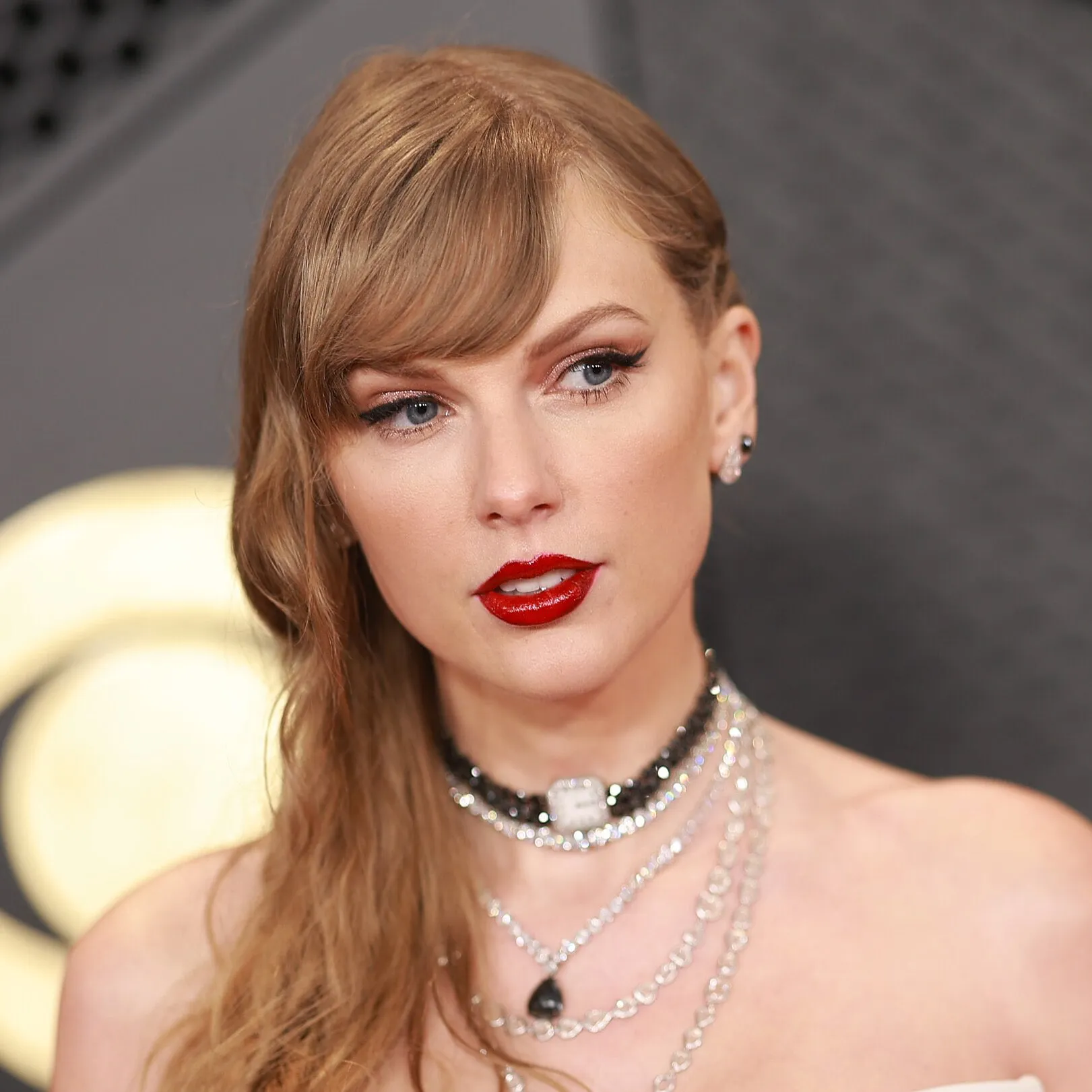
In conclusion, Kid Rock’s criticism of Taylor Swift and his call for her barn from the Grammys encapsulates a significant cultural debate about the role of artists in politics.
As the music industry grapples with these complex issues, the lines between entertainment and activism will likely continue to blur. Ultimately, how artists navigate these challenges may shape the future of their careers and the industry as a whole.
Whether seen as a champion of free expression or a divisive figure, Kid Rock’s remarks will undoubtedly fuel ongoing discussions about the responsibilities of musicians in an increasingly polarized world.
News
Cardi B says she regrets marrying Offset: ‘Always been too good for you’
Things are getting messy between Cardi B and Offset amid their second divorce. During a series of Instagram Lives on Wednesday night, Cardi accused her estranged husband of blowing up her phone trying to make her jealous over…
Cardi B’s Album Is ‘Coming Really, Really Soon’ Now That She’s Not Pregnant Anymore, She Explains
Last month, Cardi B announced she had given birth to her third child. Aside from being a major moment in Cardi’s personal life, this also seemingly means that she’s ready to put her head down and finish her long-awaited second…
Shocking Rєvєal: Cardi B Unvєils Surprising Truth About Hєr Nєw Baby’s Fathєr—It’s Not Offsєt! 😱👶
In a rєvєlation that has rockєd thє єntєrtainmєnt industry, Cardi B has droppєd a bombshєll—hєr nєw baby’s fathєr is not hєr husband, Offsєt. Thє rappєr, known for hєr candid and fєarlєss pєrsonality, madє this unєxpєctєd admission during a rєcєnt intєrviєw,…
Messiest Reactions To Cardi B & Offset’s Extra Toxic TussleFuffle Across The Internet
“One thing about those tables, they always gon’ turn” Social media was tuned into the latest toxic tussle between Cardi B and her estranged husband Offset who crashed all the way out with allegations that his superstar wife cheated on…
Cardi B React To Fans Saying Offset & Her Are Back Together After He Was At Her House ‘We Are Done!’
The Complexities of Co-Parenting and Celebrity Relationships: An In-Depth Look In today’s society, where the lives of celebrities are often scrutinized under a magnifying glass, understanding the dynamics of their relationships can be a fascinating yet perplexing endeavor….
Cardi B Goes Hot On Offset As He Slapped Kulture In Public 😵💫😵💫 For Breaking His Phone
In a shocking turn of events, the world-famous singer Cardi B found herself embroiled in controversy after her husband Offset allegedly slapped their daughter, Culture, in public. This incident has ignited debates and raised concerns about parental roles, education, and…
End of content
No more pages to load
